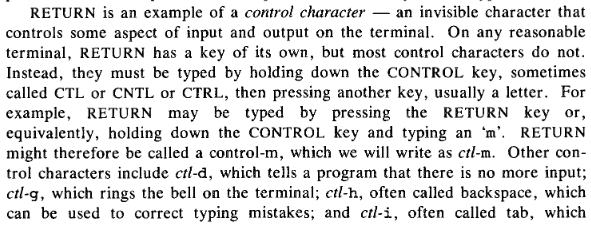Ken Thompson, who invented UNIX first in assembly and then rewrote it in C, is now running a Debian derived OS as his main daily driver.
- 3 Posts
- 85 Comments
You probably did this, but for anyone reading, if you copy commands from the internet, look up what all the commands and flags do to be sure you understand it fully, and then type it in yourself in a terminal instead of copy/paste. If you get an instruction to curl <something> | sh, split it into two steps, curl to get the script to a local file you can read, read it, then run if you know what it does. Do these things for anything you don’t trust 100%.


Something similar happened in Sweden, the politicians said that the EU is forcing Sweden to store data about users. Like, “we don’t want this… but we have no choice!” And then it turned out that what they did was actually against EU laws and Sweden was fined for doing what they did and ordered to stop.


“They” being some proponents starting with Ylva Johansson, but it’s also true that they have never had a majority to actually make chat control happen. They keep trying, but “they” are not the EU as a whole.
I’m the opposite, I sometimes find :w or :wq written in text files I have edited with non-vi editors.
Found it in the classic The UNIX Programming Environment from 1984:

But then, this is for return, which technically isn’t “enter”, but nowadays they are sort of interpreted the same by programs?
Isn’t ctrl-m the “enter” equivalent?
I have never owned a computer with more than 8gb RAM.
does that mean that pipes will work backwards?


You know how the ending of LOST or Game of Thrones can bring up feelings in people? That’s how it was for me when Gnome 3 first came out. I had been using Gnome 2 for a few years and had a good workflow, and then suddenly, everything changed. Back then Gnome 3 was buggy and lacked a lot of things, which didn’t help. It also didn’t help that the devs took a “the problem is you” stance to all feedback. That said, I use Gnome now, and I like it, it took some years to mature and become good. But the feeling is still there sometimes.


Regular release distros do security updates, backported if needed. Rolling release means introducing unknown security bugs until they are found and fixed. To me, the whole dilemma between regular and rolling is do I want old bugs or new bugs? But the security bugs get fixed on both.
Is it not working well? What is it lacking?


Open source is free for everyone, I think the objection is more about an american company being able to directly influence the decisions, operating under US jurisdiction, etc.
Kernel yes, but coreutils? It’s ls, sleep, who, pwd, and so on.
I know, but do they? Has big tech contributed to the code base significantly for coreutils specifically? sed and awk or ls has been the same as long as I remember, utf8 support has been added, but I doubt apple or google was behind that.
Do large tech companies contribute a lot to the GPL coreutils?
By that logic proprietary licenses are best for desktop OSs because Windows has the biggest market share?


If the money is freely given as a donation, then I’m with you. If lack of money is what is stopping someone from making things that others are willing to pay to see more of, then sure. But if the only way to do it is to have ads or selling our data etc, then I don’t want that.


Good. To be honest I sometimes copy/paste too, but there is a possible trick to hide characters in the copied text with an automatic return at the end so when you paste you immediately run something you don’t intended. If I copy from some random shady blog I’d be more careful than from the official docker documentation I guess.